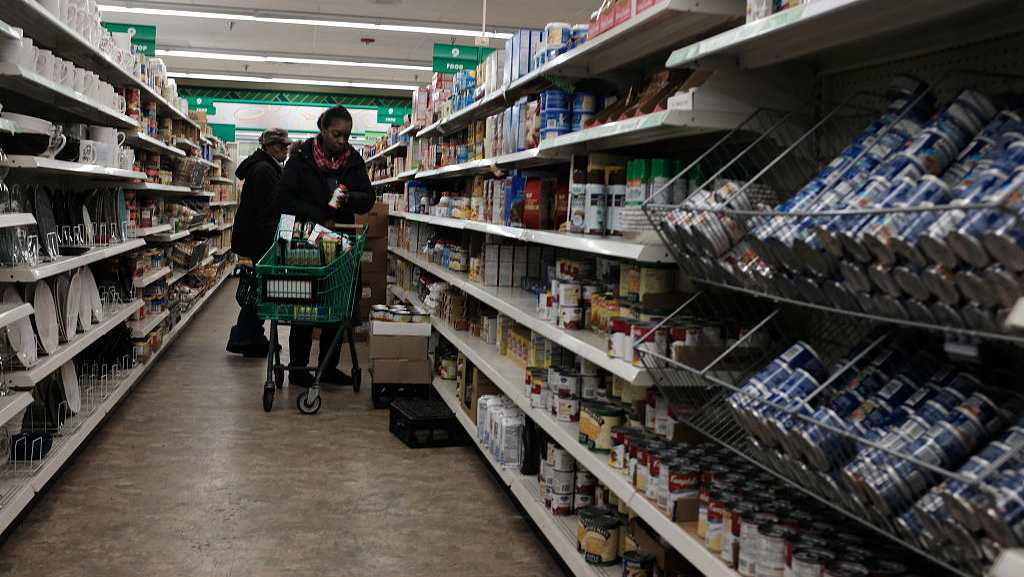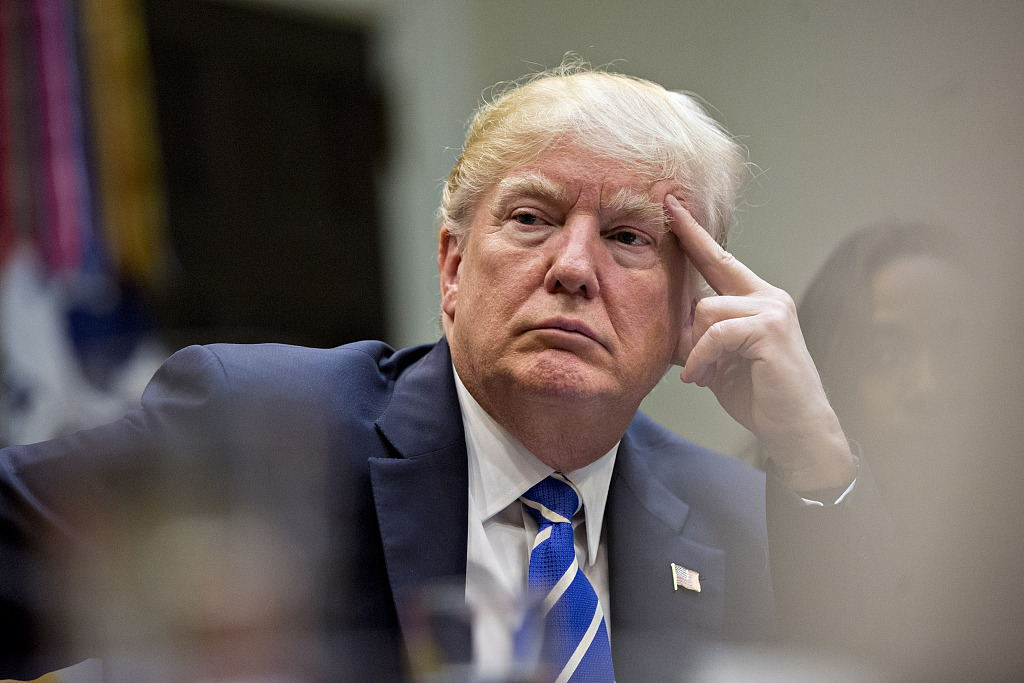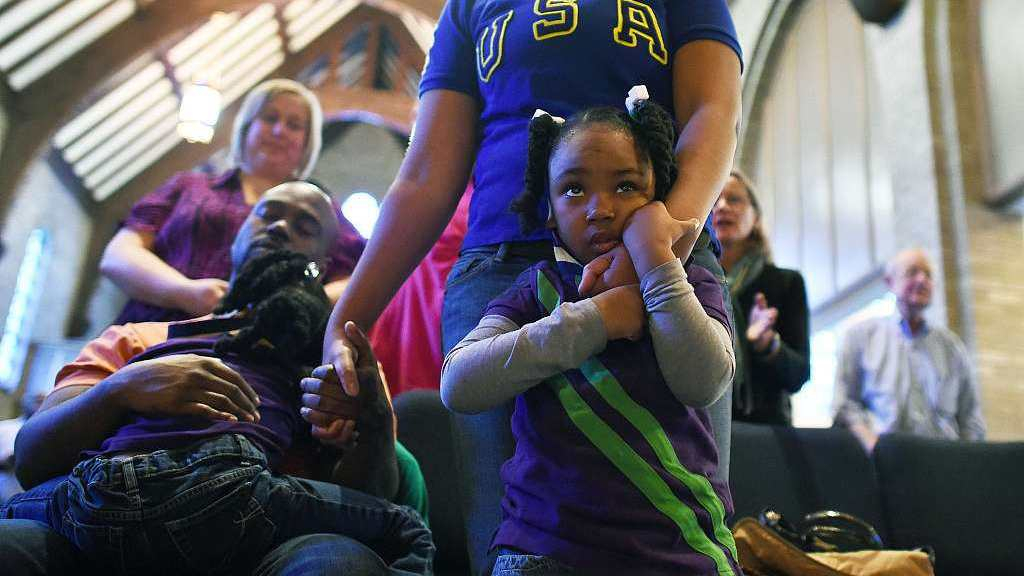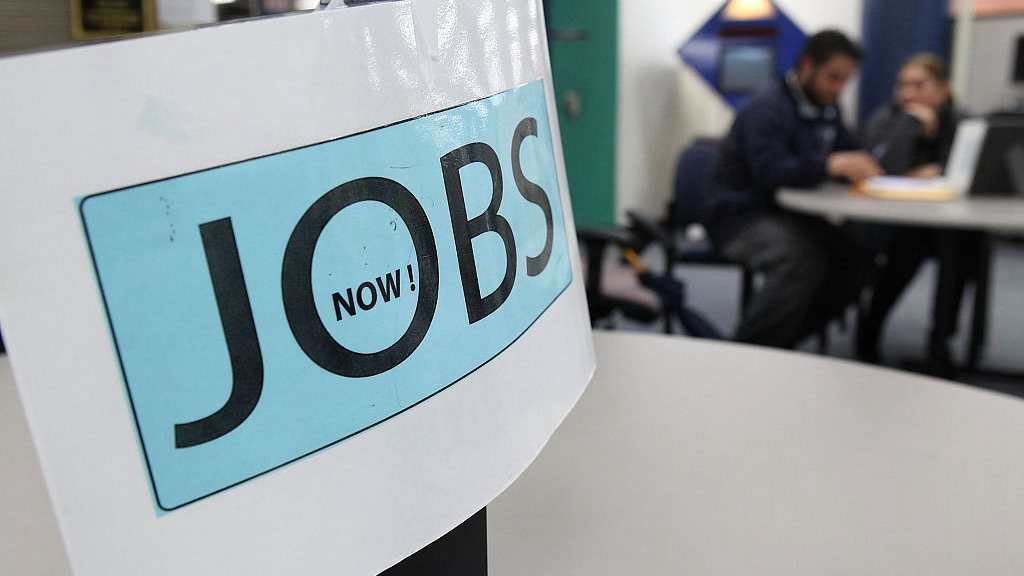

The United States may be experiencing its longest economic expansion in history but there is one unflattering phenomenon that may partly explain why President Donald Trump is not getting all the plaudits he thinks he deserves.
The U.S. wealth gap is growing, according to the latest data, which means that not everyone is cheering the record growth streak that has entered its 11th year.
Trump's job approval rating has not managed to top 50 percent, suggesting he may not be getting a large amount of credit for the economy.
The latest data for the first quarter of 2019 show the richest 10 percent of households holding 70.1 percent of America’s net worth with the bottom 50 percent a mere 1.3 percent.
Rise in billionaires
The richest Americans now hold a greater share of the nation's wealth than they did before the global economic recession began in 2007.
One stat bears this out: The number of billionaires in the United States has more than doubled in the last decade, from 267 in 2008 to 607 last year, according to UBS.
"The rich have gotten richer and they've gotten richer faster," John Mathews, head of private wealth management and Ultra High Net Worth at UBS Global Wealth Management, told Reuters.

Donald Trump's Republicans passed a sweeping tax cut for two-thirds of Americans two years ago, saying the American public would thank them. But an NBC/Wall Street Journal poll in April found that just 17 percent of Americans believe their taxes have been cut. /VCG photo
During the same period, the number of people receiving federal food stamps has grown 40 percent.
"The recovery has been very disappointing from the standpoint of inequality," said Gabriel Zucman, an economist at the University of California, Berkeley.
Election campaign issue
No wonder the Associated Press (AP) called it "easily the least-celebrated economic recovery in decades."
Given the situation, the issue has caught the attention of candidates seeking the Democratic nomination for the 2020 presidential contest against Trump.
"This wealth gap that exists in the United States of America is so profound now, it is the stuff of which – not revolutions but political disillusionment – occurs," frontrunner Joe Biden told a political fundraiser in June.
Among others in the crowded field, Bernie Sanders and Elizabeth Warren have proposed raising taxes on the wealthy and creating new social programs while Kamala Harris wants to expand tax benefits for middle-class and low-income Americans.

Wealth disparity has been linked to race, income and geography. /VCG photo
The issue also gained traction when more than a dozen billionaires and ultra millionaires wrote the candidates recently asking them to support a tax on the richest families.
Racial disparity
"The next dollar of new tax revenue should come from the most financially fortunate, not from middle-income and lower-income Americans," said the letter signed by a bipartisan group that included investor George Soros and Facebook co-founder Chris Hughes.
"America has a moral, ethical and economic responsibility to tax our wealth more," they said in supporting a moderate wealth tax on the top 10 percent of the richest one percent of Americans.
One area where income inequality is strongly felt is among African Americans. For every dollar in wealth white Americans possess, black Americans have only seven cents, Louisville Courier-Journal commentator Gaberiel Jones Jr. said in a July 5 column. "This translates to poorer access to resources and poorer health outcomes for black Americans," Jones wrote.
Middle class Americans are also being squeezed. Fewer of them have owned homes since the global recession and fewer have invested in the stock market, AP reported.
Sharp price gains have put homeownership, which is considered central to Americans' ability to build wealth, out of reach for many middle-class would-be buyers.

Unemployment is at near-historic lows but wage growth has not kept pace. /VCG Photo
In New York, for example, rents have risen twice as fast as wages, according to StreetEasy data from 2010-2017.
When race is put into the picture, 73 percent of white Americans owned their homes in 2018, compared with 42 percent of black Americans, U.S Census Bureau statistics show.
Slowdown fears
In February, Federal Reserve Chairman Jerome Powell singled out income inequality is the country's biggest economic challenge in the coming decade.
"We want prosperity to be widely shared," he said then.
The U.S., Powell conceded, was no longer a global leader in mobility, with the likelihood of someone going from the "bottom to the top" becoming increasingly slim.
In late June, he suggested that some of the benefits of the economic expansion may at last be trickling down.
"The benefits of this long recovery are now reaching these communities to a degree that has not been felt for many years," Powell said. "Many people who in the past struggled to stay in the workforce are now getting an opportunity to add new and better chapters to their life stories. All of this underscores how important it is to sustain this expansion."
However, there are fears among some economists that an economic slowdown could be on the horizon, especially if Trump continues his trade wars. That's a scenario that would do more damage to those at the bottom of the economic ladder.
Top Photo: One dollar discount stores are thriving in the U.S. as the gap between the rich and the poor widens. /VCG Photo

Copyright © 2018 CGTN. Beijing ICP prepared NO.16065310-3
Copyright © 2018 CGTN. Beijing ICP prepared NO.16065310-3